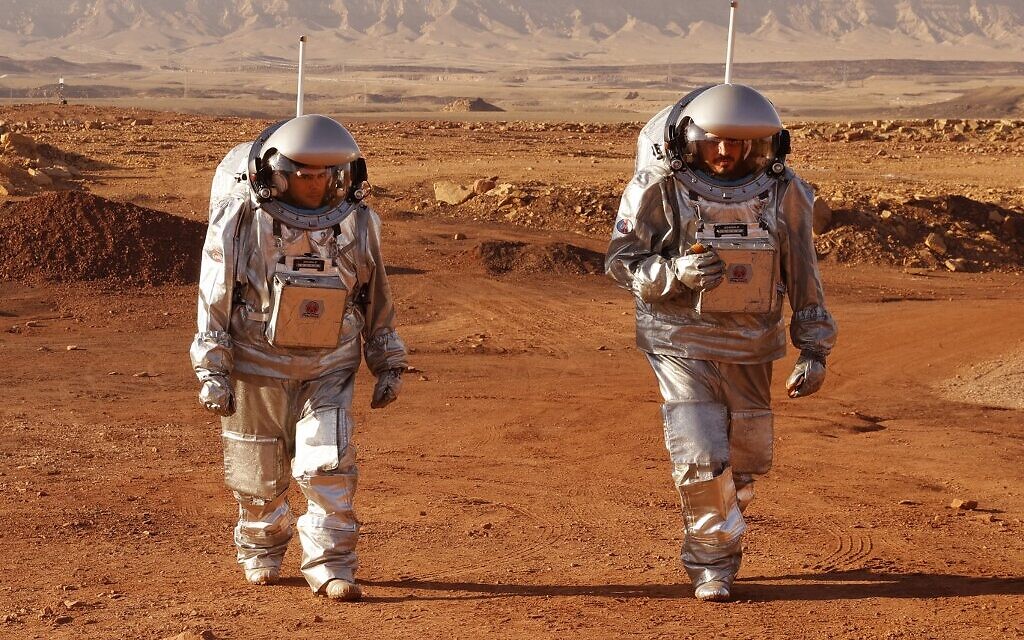A team of researchers has created a mathematical model of human blood circulation. They checked whether the astronaut would lose consciousness on Mars after six months of flying in zero gravity.

Why can astronauts faint after a flight?
Experts in space medicine at the Australian National University have developed a mathematical model of the human circulatory system. With its help, they tried to understand whether the astronaut would lose consciousness after stepping on the surface of Mars.
On Earth, gravity causes fluid to flow to the lower body. When a person falls into weightlessness, the liquid flows to the upper part and there is a feeling that there is too much liquid. Therefore, the body tries to get rid of it and dehydration occurs.
Astronauts do not feel it in zero gravity, but when they return to Earth’s gravity, their blood pressure drops and they may faint. The flight to Mars lasts from 6 to 7 months. During this time, astronauts experience significant dehydration. But the gravity on the red planet is only 40 percent. Is there a danger to the health of astronauts?
Astronaut blood circulation model
To answer this question, the developed mathematical model incorporated the medical indicators of the participants of the Apollo program. Their flight lasted only three days a month. And the gravitational force on the Earth’s moon is 1/6 of the Earth’s. So they had no problems with blood pressure.
But they were in conditions most similar to the flight to Mars. So, there were no better candidates for the proposed system. The simulation showed that there is no chance of fainting when landing on Mars after a long flight in zero gravity. At least for a trained middle-aged man.
The authors of the model understand that it is based on a very limited sample and does not give an accurate answer to the questions. In the future, they plan to expand it by attracting the indicators of other people.
According to phys.org
Follow us on Twitter to get the most interesting space news in time
https://twitter.com/ust_magazine

